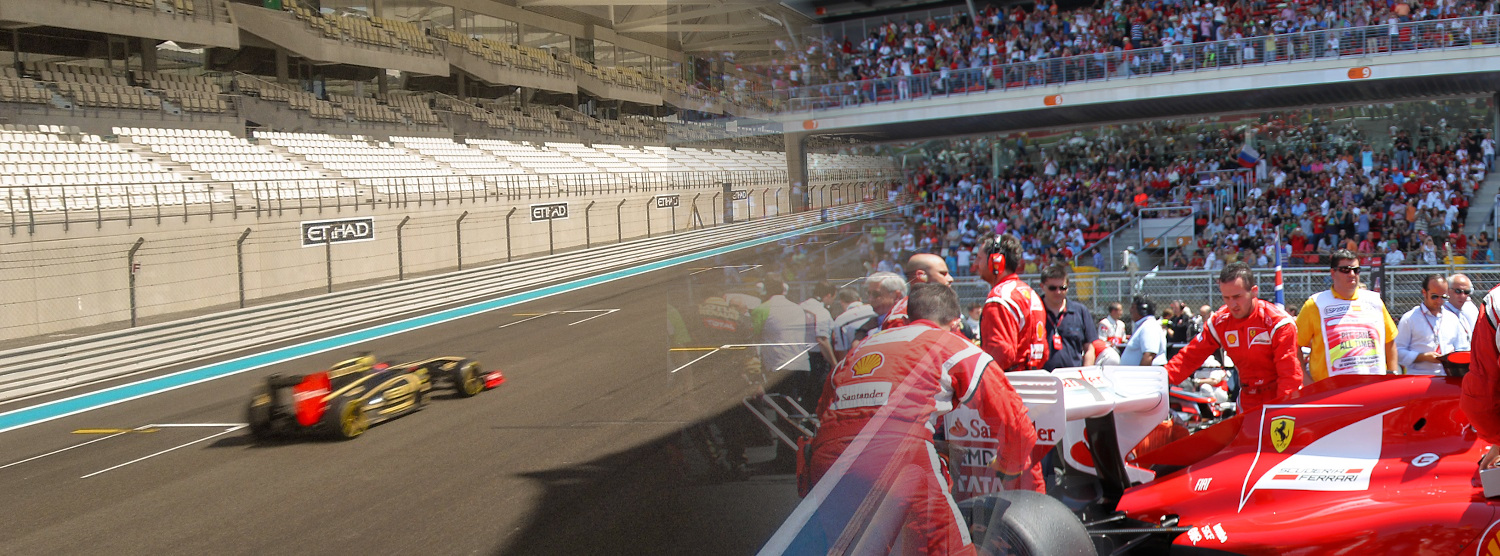It’s easy enough – even for the most committed fan – to understand the arguments against the relevance of motorsport. Particularly in a modern world where the environment is higher up the agenda than it has ever been before. Even the current Formula 1 world champion, Lewis Hamilton – who stands on the brink of becoming the most successful driver in the sport’s history – is a committed vegan.
The inconvenient truth about F1 in particular is that most people just see strange-looking cars burning a lot of fuel to go round in circles. And this takes place in 21 (shortly to become 22) venues across the world, transporting nearly 100 people per team – plus a similar number of media and other personnel – not to mention more than 750 tonnes of freight.
The result of all this expense? Gains and losses that can be measured in thousandths of a second. Add in the drivers’ salaries, in excess of $50 million per year in some cases, and it’s no wonder that some people find it slightly obscene (especially when the average manual worker in Vietnam, the latest addition to the F1 calendar, takes home around $150 per month).
Only when you look at motorsport from the inside does it begin to make a certain type of sense. This is why – whether you’re a team, organising body, or other stakeholder –communication is absolutely key. In simple terms, the arguments against motorsport are more obvious to the casual observer than those for it. So our job, as communications professionals, is to clearly present the long-term benefits, in order to give people the full picture and so safeguard the future of our sport. It really is that fundamental.
Here’s a fact that not many people might know, for example. The current Mercedes Formula 1 engine is more than 50% efficient when it comes to converting fuel to forward energy (as opposed to heat and noise, which is where most energy is wasted). By comparison, most road cars are around 20-30% efficient. In other words, a Formula 1 engine is potentially about 150% more efficient than your road car. And the lessons learned will soon filter down.
In 2014, the new ‘hybrid’ era of Formula 1 appeared, which introduced the MGU-H and MGU-K: harvesting energy from exhaust gases as well as under braking. It wasn’t a universally popular move. But as Max Mosley, former President of the FIA (world motorsport’s governing body) asked the doubters: ‘do you want to be part of the problem, or part of the solution?’
It’s not just Formula 1 driving this technical revolution. Energy recovery has been part of the World Endurance Championship since 2012, and of course Formula E has been around since 2014; attracting more car manufacturers than Formula 1 (thanks also to its cheaper costs). Hybrid technology will be introduced to the World Rally Championship (Opel has already made a purely electric rally car) as well as to IndyCar, the US equivalent of F1, in 2022.
So it’s clear that manufacturers are determined to be part of the solution, but any form of new technology inevitably needs development and that always comes at a cost – in terms of finance as well as energy. This has been the case since the wheel was invented. So development will happen anyway: manufacturers will always be looking at new technology, lightweight materials, marginal gains. It’s what they do.
Motorsport allows them to do it in public, while providing entertainment and a livelihood for a whole new industry. It’s easy just to highlight how much Formula 1 teams spend, but people forget how much they can earn. Effectively, automotive manufacturers and suppliers are getting vital research and development paid for through motorsport, enabling essential gains to be made that will ultimately benefit the environment and mobility in future – particularly in developing countries. And people like Hamilton are proving every day that it’s possible to combine ecological and social awareness with a passion for cars and racing. It’s a powerful message.
Scratch the surface to communicate effectively, and it’s just as obvious that motorsport has never been more relevant.






